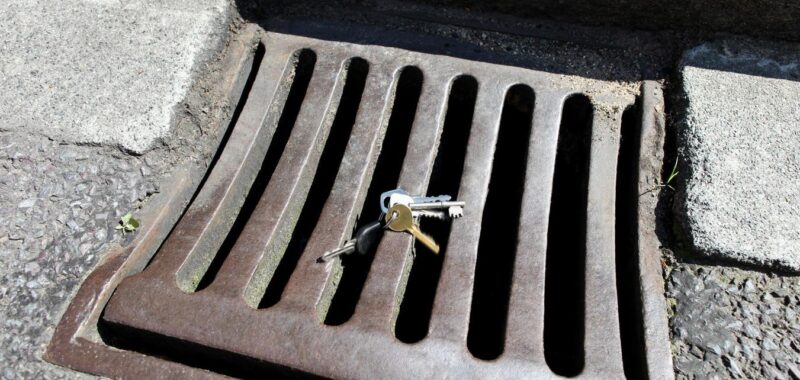The Trump administration appears to be targeting the Housing First strategy; will it matter?
The Trump administration has turned its sites on something called the Interagency Council on Homelessness, a small group that works on a policy called Housing First. The move is reported in the New York Times as Trump’s Targeting of Homeless Agency Signals Sharp Shift in Policy. That’s true, but the change doesn’t really come with an alternative. And there is the program and policy, but then there is also the ideological hue of the phrase, “housing first.” That more broad and political statement is one side of a debate nationally that misses the point; the problem that we call homelessness won’t be solved by law enforcement or boot strap grabbing nor will it end when everyone gets an apartment key.
The policy called housing first emerged over the last two decades as a mandate to provide immediate shelter and housing for people living unconventionally without requirements. The policy was never exactly harm reduction, which is a more radical approach which includes interventions like providing clean needles for drug injection or “wet housing,” facilities in which people leaving the streets can drink alcohol. The idea of housing first is a practical one: addiction and mental health issues are key, but they can’t be addressed if a person is living on the streets.
People who support the agencies work argue that groups like youth and veterans have responded especially well, while those that are critical point to the programs lack of broad success. Just look out the window of any downtown building in any large city, they might say, and you’ll see the problem has only gotten worse. While supporters tend to be liberals and critics conservatives, the sorting isn’t exactly symmetrical. The Times article points out the policy once had bipartisan support and many homeless advocates are equally frustrated as conservative critics at the lack of success. And apartment key doesn’t solve the chronic problems most people face and they end up back on the streets.
We’ve seen the new Trump administration at work. It’s only a matter of time before housing first as a policy will be a thing of the past. But one thing is certain, what we call homelessness is complex; it isn’t simply a housing problem. I wrote a while back about the solid argument that the problem visible on city streets and even rural communities is highly correlated with cheap and engineered street drugs. In a post called Cheap Drugs, I took a closer look at Sam Quinones’s book The Least of Us, a chronical of how drugs have made a longstanding problem of people living outside and on the streets much worse, exacerbating underlying mental health and economic problems. I think he’s right.
But even if we shut off supply of those drugs immediately, right now, today, those serious mental health issues would persist. And there are other drugs available on the streets as well. The problem of mental health doesn’t respond well to law enforcement. The idea of massive enforcement against the drug suppliers is unlikely to yield a sustainable solution unless there is treatment. Critics of housing first often view the problems on the street as ones of personal responsibility and morals rather than marginal rates of substitution; people are choosing to use drugs even at the risk of running into law enforcement and living in improvised shelter.
And the shelter system misreads the problem as well. Ironically, many if not most people on the street don’t lack shelter. They have tents, abandoned houses, and other improvised living situations. The shelter system offers them the same thing but at a loss of their personal autonomy, often exposing them to risks inside the shelter and limits to who they can bring with them including spouses and pets.
I can’t say I will mourn the loss of the Interagency Council on Homelessness. There is one in every state and city, a group pulled together often with politicians declaring an “emergency.” None of these efforts have succeeded. As the problems on the street gain momentum year after year, and more, and more money gets spent, it’s about time that federal, state, and local government ignore voices on the left who suggest the problems on the street are purely economic and on the right that want to hold people “accountable.”
Instead, we need better ideas that leverage human capital on the street. When people build encampments, it’s a sign of spontaneous order not lawlessness. We ought to be building on people’s survival skills, supporting recovery at their speed, and supporting people even who may never recover, but who could suffer less with better access to improvised shelter and consistent case management. Is this what the Trump administration will pursue? I doubt it. But clearing out the housing first mantra might open up the space for more innovative ideas at the local level.

